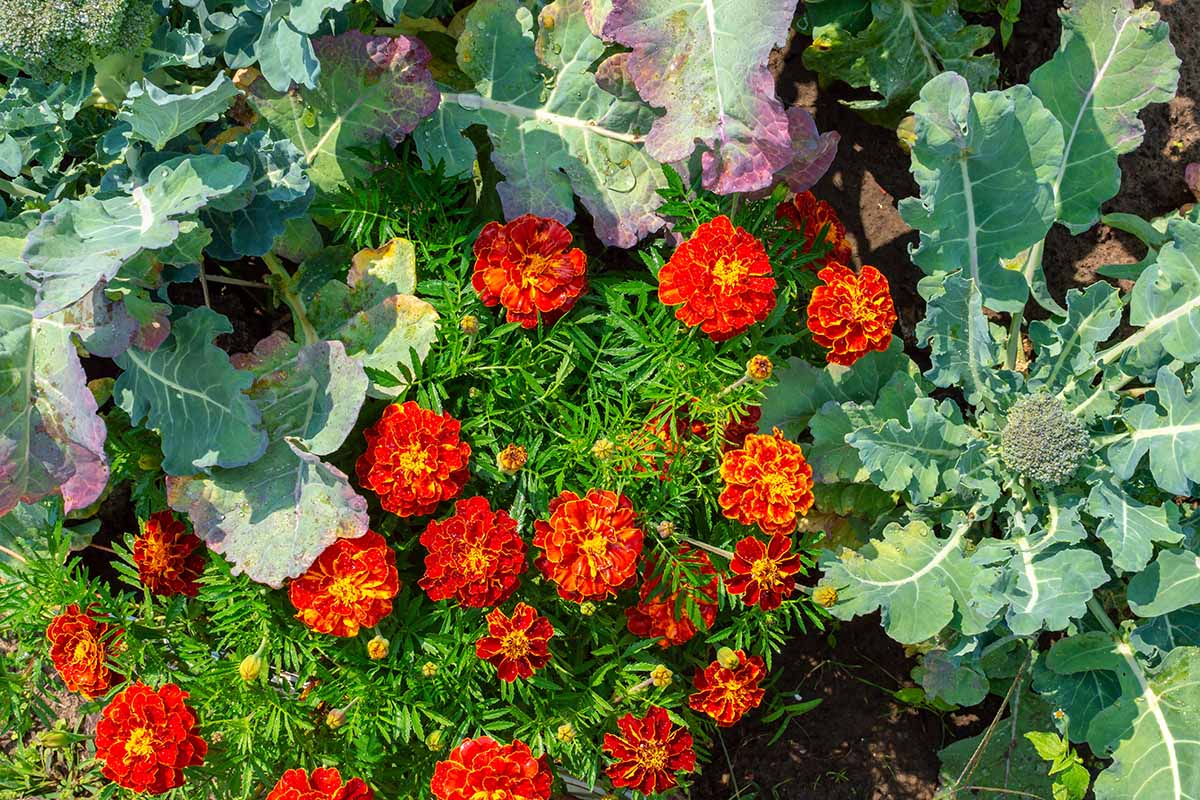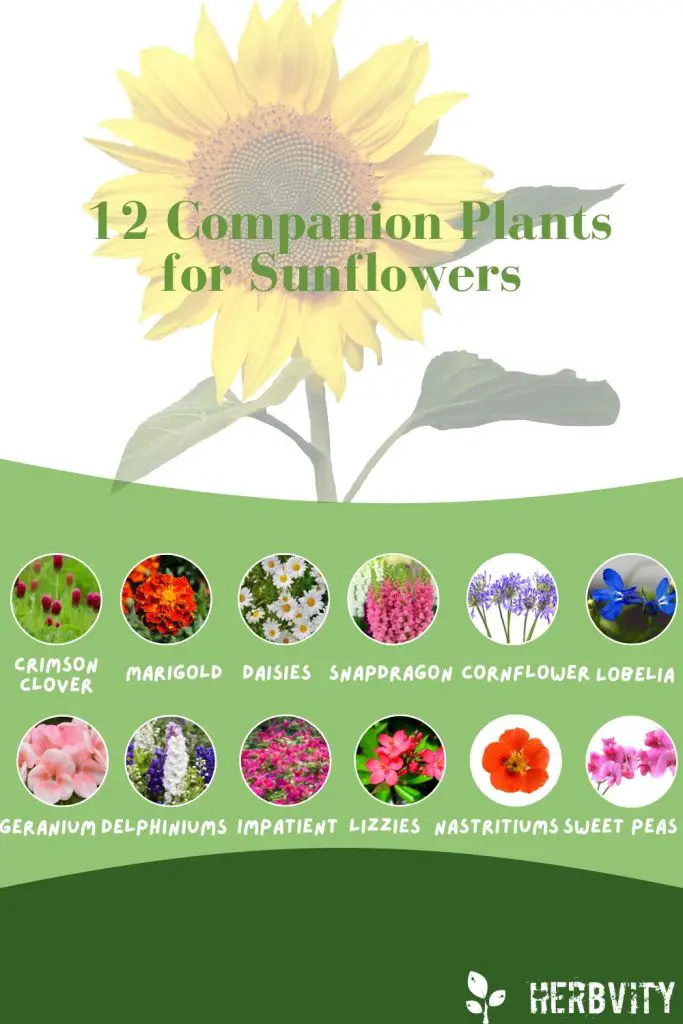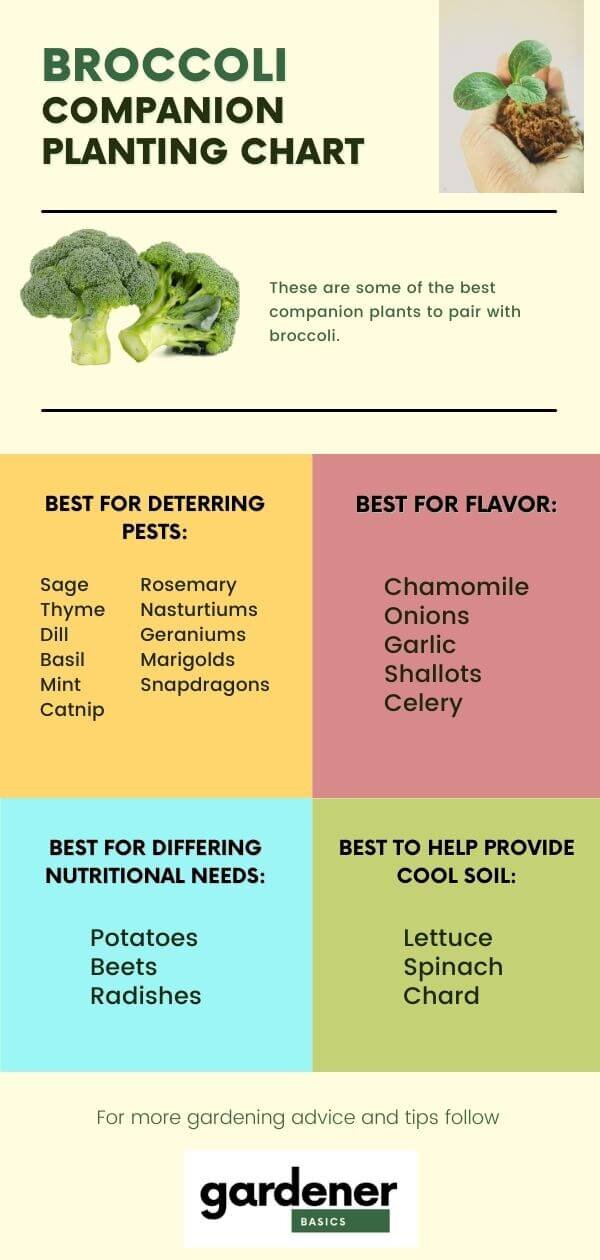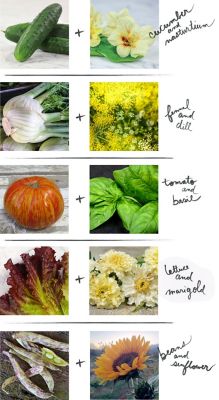The Best Companion Plants For Squash
The Best Companion Plants for Squash
Squash is a delicious and versatile vegetable that can be enjoyed in many different ways. But did you know that there are certain plants that can help your squash plants grow healthier and produce more fruit?
Companion planting is the practice of planting different types of plants together in order to benefit each other. By planting the right companion plants with your squash, you can improve the soil quality, attract beneficial insects, and deter pests.
In this blog post, we will discuss the best companion plants for squash. We will also talk about some plants that should be avoided when planting squash.
Benefits of Companion Planting
There are many benefits to companion planting. Some of the most common benefits include:
- Improved soil quality: Companion plants can help to improve the soil quality by adding nutrients, breaking down organic matter, and suppressing weeds.
- Increased pollination: Some companion plants attract pollinators, which can help to increase the pollination of your squash plants.
- Deterrence of pests: Some companion plants can deter pests from your squash plants.
- Attracting beneficial insects: Some companion plants attract beneficial insects, which can help to control pests.
Best Companion Plants for Squash
Here are some of the best companion plants for squash:
- Beans: Beans are a great companion plant for squash because they help to fix nitrogen in the soil. This means that they can help to improve the soil quality for your squash plants. Beans can also help to deter pests, such as squash bugs.
- Corn: Corn is another great companion plant for squash. Corn provides shade for squash plants, which can help to protect them from the sun. Corn can also help to attract pollinators, which can help to increase the pollination of your squash plants.
- Marigolds: Marigolds are a great companion plant for squash because they help to deter pests. Marigolds release a scent that repels pests, such as squash bugs and cucumber beetles.

- Nasturtiums: Nasturtiums are another great companion plant for squash because they help to deter pests. Nasturtiums also attract pollinators, which can help to increase the pollination of your squash plants.

- Dill: Dill is a great companion plant for squash because it helps to improve the soil quality. Dill releases a substance that helps to break down organic matter in the soil. This can help to improve the drainage and aeration of the soil, which can benefit your squash plants.
- Borage: Borage is a great companion plant for squash because it helps to attract pollinators. Borage releases a sweet nectar that attracts bees, butterflies, and other pollinators. These pollinators can help to increase the pollination of your squash plants, which can lead to a larger harvest.

- Sunflowers: Sunflowers are a great companion plant for squash because they help to attract pollinators. Sunflowers release a sweet nectar that attracts bees, butterflies, and other pollinators. These pollinators can help to increase the pollination of your squash plants, which can lead to a larger harvest. Sunflowers can also help to shade squash plants, which can help to protect them from the sun.

Plants to Avoid Planting Near Squash
There are a few plants that should be avoided when planting squash. These plants include:
- Potatoes: Potatoes and squash should not be planted near each other because they are susceptible to the same diseases.
- Broccoli: Broccoli and squash should not be planted near each other because they can compete for nutrients.
- Cabbage: Cabbage and squash should not be planted near each other because they can compete for nutrients.
- Fennel: Fennel and squash should not be planted near each other because they can cross-pollinate. This can lead to the production of bitter squash fruits.
Conclusion
By planting the right companion plants with your squash, you can improve the health and productivity of your plants. So next time you are planting squash, be sure to consider some of the plants listed above.
If you're interested in learning more about the game of squash, I highly recommend visiting the website Gardenia Inspiration. This website is a comprehensive resource for all things squash, from the rules of the game to tips for improving your skills.
One of the most popular resources on the website is the "companion to squash." This guide covers everything you need to know about the game, from the history of squash to the different types of shots. It also includes detailed instructions on how to play the game, as well as drills and exercises to help you improve your skills.
The "companion to squash" is a valuable resource for both beginners and experienced players. If you're new to the game, it will teach you everything you need to know to get started. And if you're an experienced player, it will provide you with new insights and techniques to help you take your game to the next level.
I highly recommend visiting the website Gardenia Inspiration to learn more about the "companion to squash." This guide is an essential resource for anyone who wants to learn more about the game of squash.
FAQ of companion to squash
Question 1: What are companion plants for squash?
Answer: Companion plants are plants that are beneficial to another plant when they are grown together. For squash, some good companion plants include:
- Beans: Beans fix nitrogen in the soil, which is beneficial to squash.
- Corn: Corn provides shade for squash, which helps to keep it cool and prevent pests.
- Radishes: Radishes help to deter pests such as aphids and squash bugs.
- Marigolds: Marigolds help to deter pests such as nematodes and whiteflies.
- Nasturtiums: Nasturtiums help to deter pests such as aphids and squash bugs.
Question 2: What are the benefits of companion planting with squash?
Answer: There are many benefits to companion planting with squash, including:
- Increased pollination: Some companion plants, such as borage, attract pollinators, which can help to increase pollination of squash flowers.
- Reduced pest pressure: Some companion plants, such as marigolds and nasturtiums, help to deter pests that can damage squash plants.
- Improved soil health: Some companion plants, such as beans and peas, help to improve soil health by fixing nitrogen and other nutrients.
- Increased yields: Companion planting can help to increase yields of squash by providing a more favorable growing environment.
Question 3: What are some plants that should not be planted near squash?
Answer: There are a few plants that should not be planted near squash, including:
- Cucumbers: Cucumbers and squash are both members of the Cucurbitaceae family, and they can cross-pollinate. This can lead to a loss of flavor and quality in the squash.
- Melons: Melons and squash are also both members of the Cucurbitaceae family, and they can cross-pollinate. This can lead to a loss of flavor and quality in the squash.
- Potatoes: Potatoes and squash can compete for nutrients, and they can also be susceptible to the same pests and diseases.
Question 4: How far apart should squash plants be planted?
Answer: Squash plants should be planted about 2-3 feet apart. This will give them enough space to grow and spread out.
Question 5: What are some tips for companion planting with squash?
Answer: Here are some tips for companion planting with squash:
- Choose companion plants that have different growth habits. This will help to prevent them from competing for resources.
- Plant companion plants that have similar water and nutrient requirements. This will help to ensure that they all thrive in the same conditions.
- Plant companion plants that attract pollinators. This will help to increase pollination of your squash flowers.
- Plant companion plants that deter pests. This will help to protect your squash plants from damage.
Image of companion to squash
5 different images of companion plants for squash from Pinterest.com:
- Marigolds: Marigolds are a great companion plant for squash because they help to repel pests. They also attract pollinators, which help to improve the pollination of the squash plants.

- Nasturtiums: Nasturtiums are another good companion plant for squash. They help to deter pests such as cucumber beetles and squash bugs. They also add a splash of color to the garden.

- Beans: Beans are a nitrogen-fixing plant, which means they help to improve the soil quality for the squash plants. They also help to suppress weeds.
- Cucumbers: Cucumbers and squash are both members of the cucurbit family, so they can be planted together. They help to support each other and provide shade from the hot sun.

- Potatoes: Potatoes and squash can be planted together because they have different root systems. The potatoes grow underground, while the squash plants grow above ground.


Post a Comment for "The Best Companion Plants For Squash"